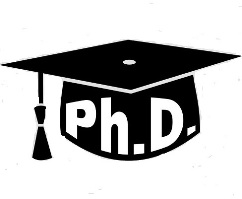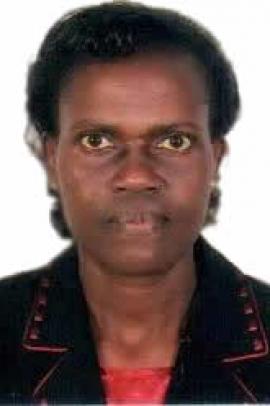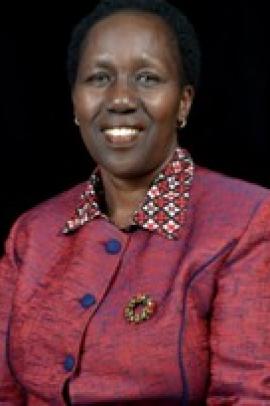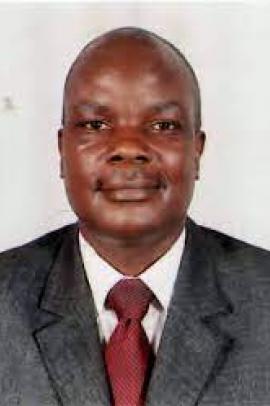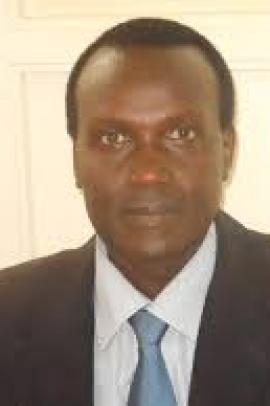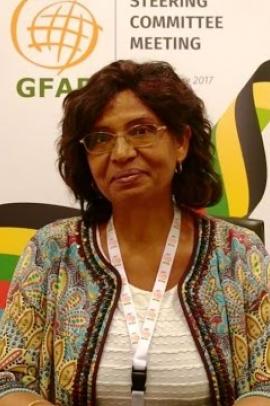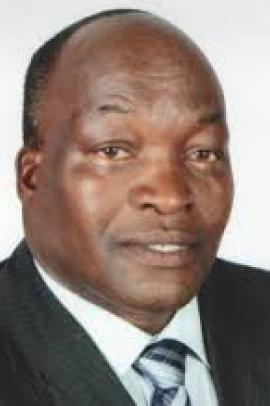The College of Agriculture and Veterinary Sciences (CAVS) is located off Kapenguria Road, 15 Kms to the Northwest of Nairobi. As the University has evolved, so has been the college. The College was established in 1985 by the University Act and is one of the six colleges of the University of Nairobi. It comprises two faculties namely Faculty of Veterinary Medicine, Faculty of Agriculture and one institute, Wangari Maathai Institute for Peace and Environmental Studies which were started in 1940, 1970 and 2009 respectively.
The Faculty of Agriculture is made up of four (4) departments namely Department of Agricultural Economics (AGECON), Department of Plant Science and Crop Protection (PS&CP), Department of Land Resource Management and Agricultural Technology (LARMAT), and Department of Food Science Nutrition and Technology (FSN&T) while the Faculty of Veterinary Medicine has five (5) departments; Department of Veterinary Anatomy and Physiology (VAP) which is located at Chiromo Campus, and the departments of Animal Production, Veterinary Pathology, Microbiology and Parasitology (VPMP), Clinical Studies (CSD) and Public Health, Pharmacology, and Toxicology (PHPT) located in Kabete Campus. In addition, the College has several teaching and research farms and field stations located in Nairobi, Central, Eastern and Coast provinces.
CAVS- Brief Highlights
CAVS supports quality and diverse academic programmes which include 12 at undergraduate, Diploma, Certificate and several at Postgraduate levels. These programs are implemented by well trained, experienced and committed staff which has resulted in attracting students not only from Kenya but also from the rest of sub-Saharan Africa and beyond. These academic programs are supported by 239 Academic Staff, who are engaged in teaching, research and outreach activities in diverse areas. The academic staff are supported by technical and support staff. Cavs supports continued skills and professional capacity development of Academic staff which include training in the proposal and scientific writing and PhD student supervision. This has enhanced their capacities and resulted in shortened completion time and also increased numbers of registered postgraduate students. The college continues to host professional, cultural and social activities that support the production of more holistic and quality graduates.
CAVS research and outreach activities are focused around global, regional and national concerns and are leveraged on national goals as articulated in vision 2030 and regional and global guidelines namely Comprehensive African Agricultural Development Programme (CAADP) and Millenium Development Goals (MDGs). These research programs continue to grow and are clearly setting CAVS at a higher level in comparison to the other Agricultural institutions in the region. This has not come by chance but due to the academic staff commitment towards research excellence, teamwork, attitude shift and realignment towards multidisciplinary and transdisciplinarity have greatly contributed to this success. CAVS has been able to engage comprehensively with other institutions leading to the creation of several linkages which have been able to leverage for funds to support activities of national interest in the area of food and nutrition insecurity and poverty reduction. Cross-cutting issues such as gender, climate change, environment and HIV/AIDS are fully integrated into most of the research activities.
CAVS social responsibility programs are as diverse as the various scientific disciplines represented in this college. The college continues to actively participate and win awards and trophies in the Nairobi International Trade Fair through exhibitions and competition in various entries of farm produce/products. The environment is embedded in our academic and research activities. Besides planting trees in Ngong hills forest, CAVS has established a botanical garden of indigenous medicinal trees and protected three riverine through annual tree planting in Upper Kabete.



